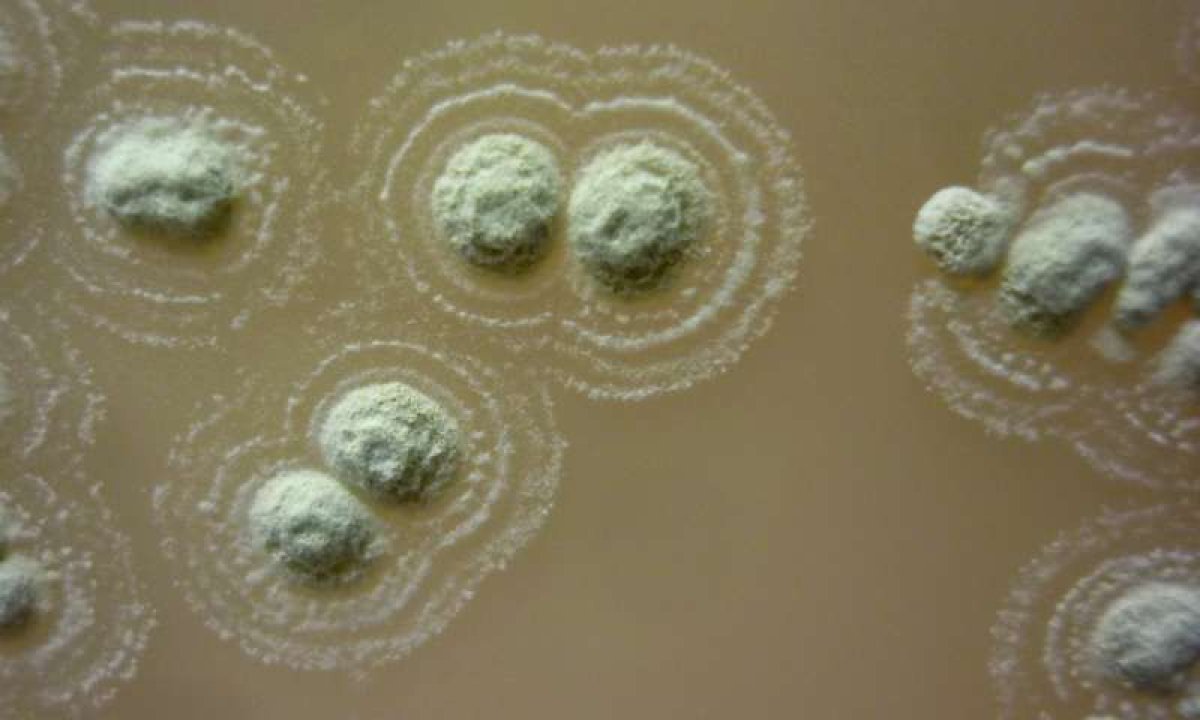Antibiotic resistance is one of the most pressing health problems of our time. The World Health Organisation (WHO) describes it as "one of the biggest threats to global health, food security, and development today." Recent research by the Organisation for Economic Co-operation and Development (OECD) showed that antibiotic-resistant superbugs could kill up to 2.4 million people in Europe, North America and Australia alone by 2050.
Perhaps the most well-known superbug—or pathogen—is MRSA, the very name of which illustrates the problem: Methicillin-Resistant Staphylococcus Aureus. MRSA is one of six pathogens which the WHO has identified as the most serious of the antibiotic-resistant bacteria.
Infections with multi-resistant pathogens are extremely hard to treat and may spread throughout a hospital or community environment. They usually require treatment with higher-tier antibiotics of last resort. Yet these give no guarantee of success. Worryingly, antibacterial resistance has now been detected for almost all new antibiotics, even those of last resort.
There is therefore an urgent need to develop new antibiotics. The problem, however, is that combination chemistry failed to provide enough synthetic alternatives to fill this gap. In addition, unfavorable market conditions since the early 1980s have reduced the incentive for drug companies to invest in this area.
The result? A crisis in the supply line of new antibiotics, just when our need for them has never been more urgent.
Faced with this, researchers have been broadening the search for new antibiotics. They are increasingly looking at niche environments such as deserts, thermal vents and alkaline soils. They are also taking a fresh look at traditional folk medicines, a field known as ethnopharmacology.
We recently published the findings of research we've been carrying out at Swansea University, Wales, which combined both these approaches. We examined soil from an area of Fermanagh, Northern Ireland, known as the Boho Highlands. The area is mainly composed of limestone rock which imparts an alkaline character to the soil with a faint release of radon gas.
The soil has long been reputed to have healing properties. One of the paper's authors, Dr Gerry Quinn, a previous resident of Boho, had been aware of the healing traditions of the area for many years. Traditionally a small amount of soil wrapped in cotton cloth was used against many ailments including toothache, throat and neck infections. Interestingly, this area was previously occupied by the Druids (1,500 years ago) and Neolithic people (4,000 years ago.)
Ancient wisdom, modern science
Together with colleagues from the Ruđer Bošković Institute, Croatia, and Ulster University, Northern Ireland, we decided to investigate this soil to see what it revealed. Using a small sample of the Boho soil, we isolated eight different Streptomyces-like bacteria.

Streptomyces are true bacteria and are the source of two thirds of the various frontline antibiotics used in medicine—for example, it was Streptomycin, derived from Streptomyces, that finally provided an effective treatment for tuberculosis.
By a series of antimicrobial tests, we determined that one of these Streptomyces—initially known as McG1—emerged as the best at inhibiting pathogen growth. This isolate had never been identified before. In effect, we had discovered a new species of bacteria. We named this Streptomyces sp. myrophorea, from the Greek "myro" (fragrance) and "phorea" (carrier) as it produced a distinctive fragrance similar to oil of wintergreen.
So what effect did we observe from our newly discovered species of bacteria? We found that it inhibited the growth of four of the top six multi-resistant pathogens identified by the World Health Organization (WHO) as being responsible for healthcare-associated infections.
These are: Vancomycin resistant Enterococcus faecium (VRE), methicillin-resistant Staphylococcus aureus (MRSA), Klebsiella pneumonia, and Carbapenem-resistant Acinetobacter baumanii
These so-called ESKAPE pathogens include both gram positive and gram negative bacteria. These differ in the structure of their cell wall; usually gram negative bacteria are more resistant to antibiotics. It is not yet clear which component of the new strain prevents the growth of the pathogens, but the team is already investigating this.
Our discovery is an important step forward in the fight against antibiotic resistance. The discovery of antimicrobial substances from Streptomyces sp.myrophorea will help in our search for new drugs to treat multi-resistant bacteria, the cause of many dangerous and lethal infections.
The next step for our research is to purify and identify these antibiotics. We have already begun to identify additional antibacterial organisms from the same soil cure which may cover other multi-resistant pathogens.
More broadly our results show that folklore and traditional medicines are definitely worth investigating in the search for new antibiotics. Scientists, historians and archaeologists can all have something to contribute to this task.
It seems that at least part of the answer to this very modern problem might lie in the wisdom of the past.
Professor Paul Dyson is a microbial geneticist who heads up a research group based in Swansea University's Medical School.
Doctor Gerry Quinn is a research scientist specialising in protein extraction, bacterial biofilms and antimicrobials. He is currently based at the University of Ulster, Northern Ireland.
The views expressed in this article are the authors' own.
Uncommon Knowledge
Newsweek is committed to challenging conventional wisdom and finding connections in the search for common ground.
Newsweek is committed to challenging conventional wisdom and finding connections in the search for common ground.
About the writer
To read how Newsweek uses AI as a newsroom tool, Click here.








